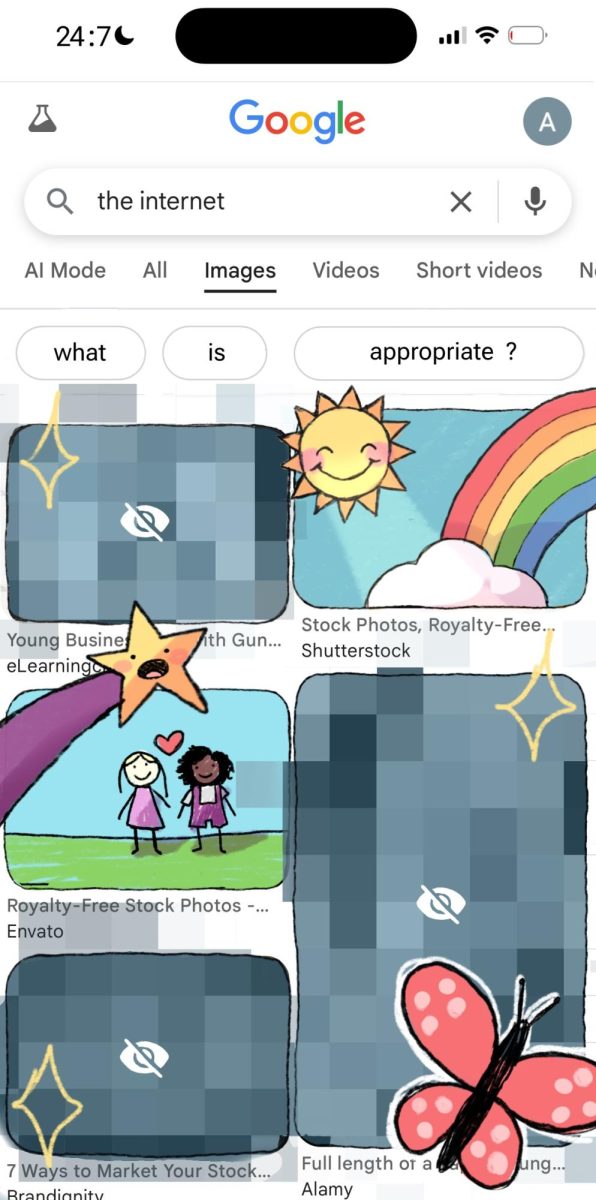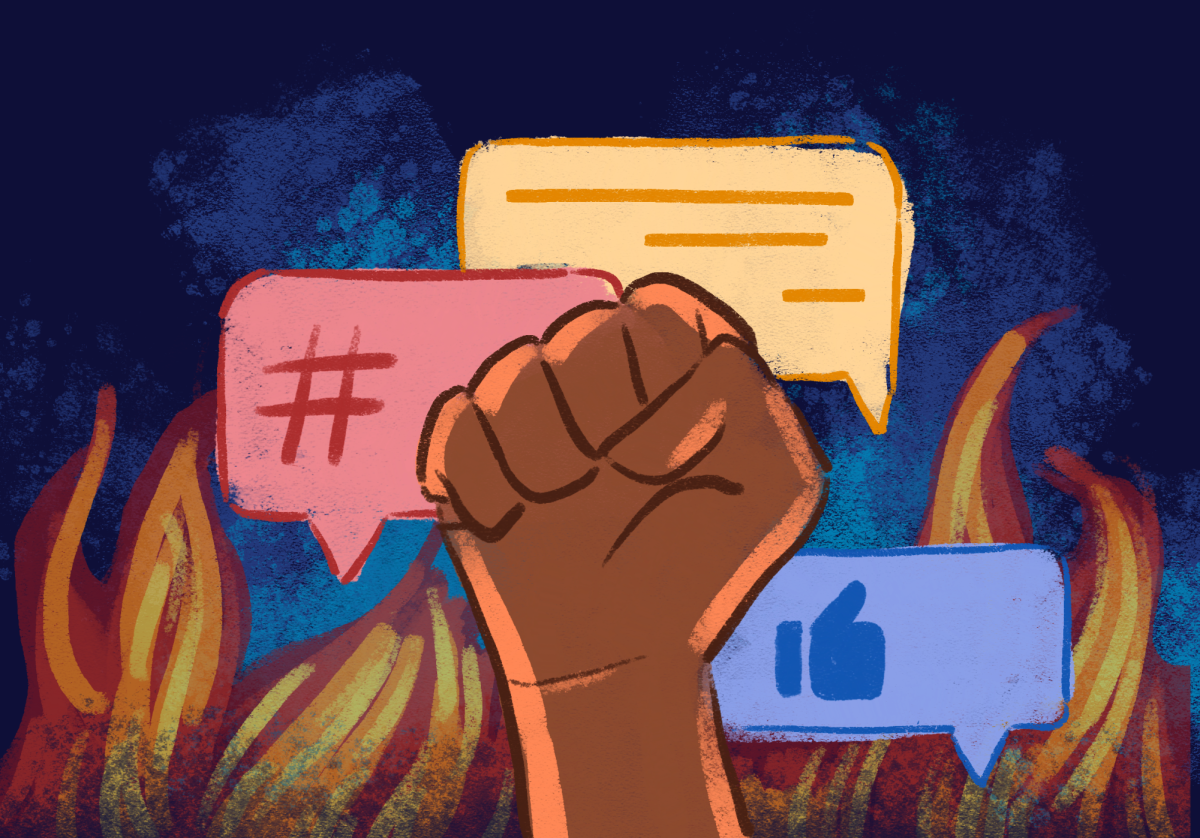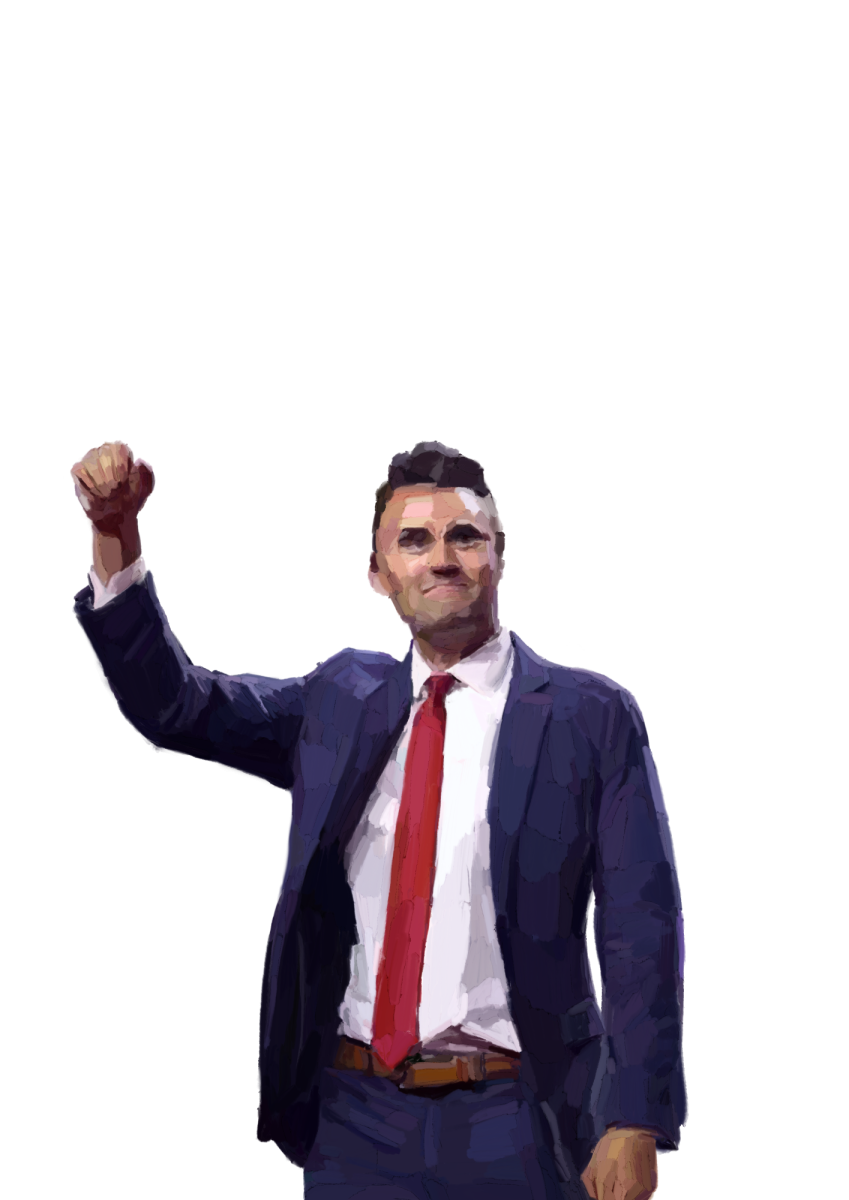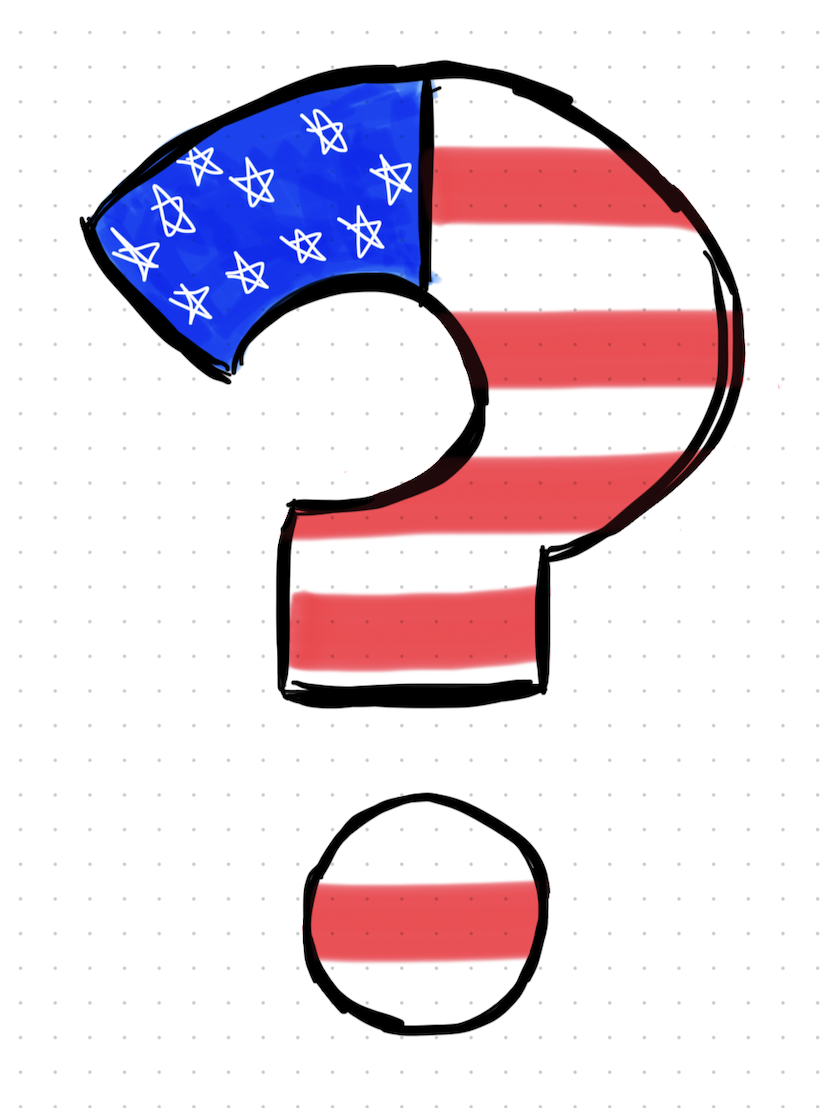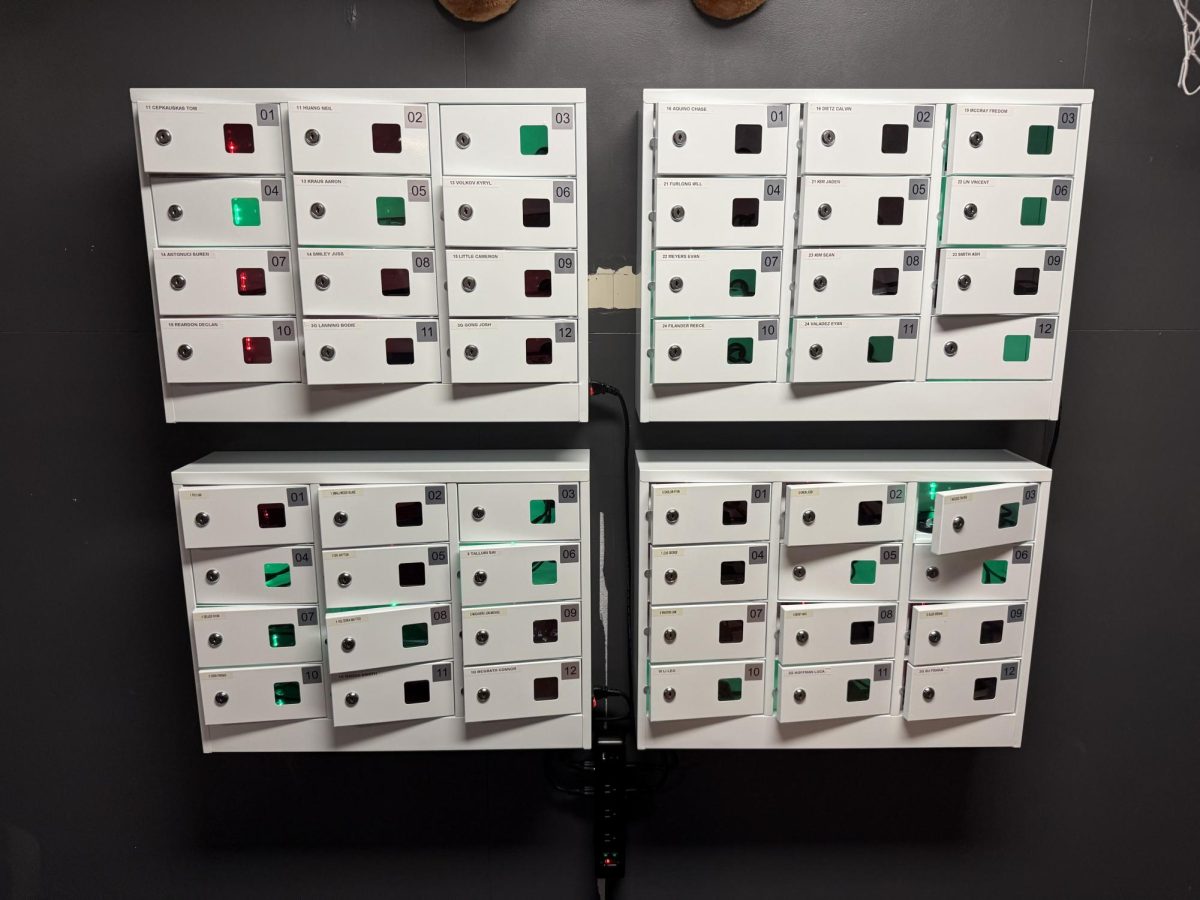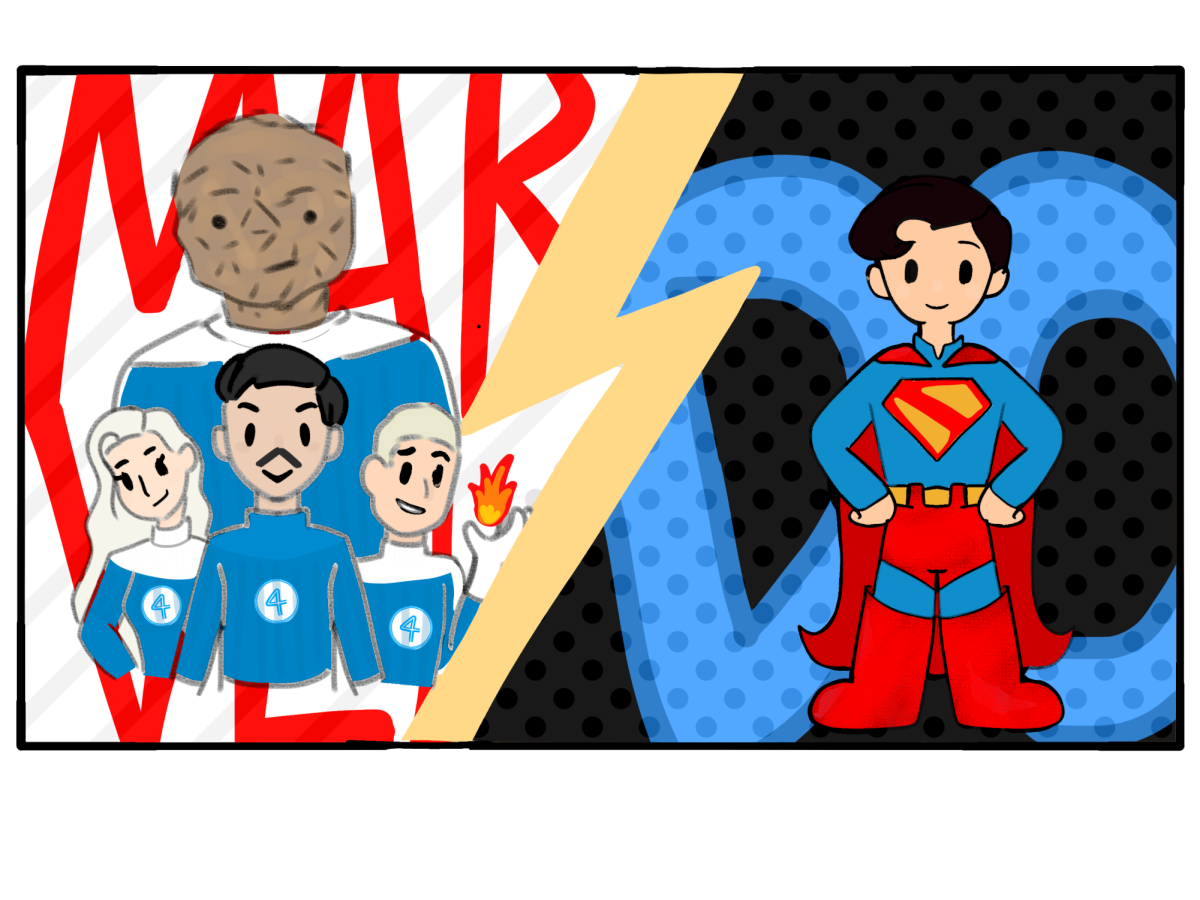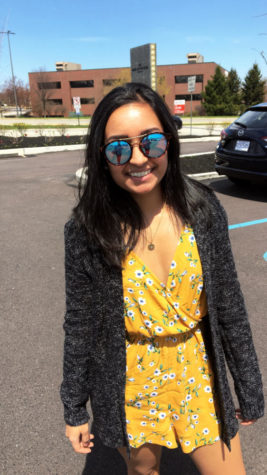 Anya Gupta ’18
Anya Gupta ’18
Q: I know that you recently came out in your chapel talk, so when did you learn about your sexual orientation and when did you start carrying that identity?
A: I would say that I probably have learned from a very young age, maybe like eight or nine years old. Even when I was watching TV, and my mom was like: “Oh that guy is really cute,” and I was like: “But the girl is cute, too.” I think I knew really young, but I didn’t fully comprehend it until my first relationship which was when I was in middle school. I have told my friends, but the chapel talk was when I publicly came out. I personally do identify myself as a lesbian, but that’s such a small part of my identity and I try to make that really clear about myself, too. Your sexual orientation is such a small part of you and you can express it however you want.
Q: When did you tell your parents about your sexuality and how did they react?
A: I think any time a parent finds out something that they didn’t know about their kids is such a hard moment, especially for an only child. My parents grew up in India, so it’s not something to talk about or something that they experienced before. But I’d like to think that I’m blessed with supportive parents, and we didn’t talk about it for a while even though they kind of knew. The past year, I’ve been very straight forward with them and they’re very accepting.
Q: Has the community been supportive ever since you came out in your chapel talk?
A: I didn’t receive any backlash, and that speaks a lot for the community we live in here at Hill. I was definitely nervous about what people would think, but honestly I know we have a few other out students here who are opened about their sexualities and I think that was instrumental in me feeling confident in giving that talk. I didn’t receive any backlash, and the people I care about either already knew or have been very supportive. The whole time I didn’t feel any different before and after.
Q: As the co-president of HASOGI, what is your vision for the community and the club in the next few years?
A: One thing that should change is people view HASOGI a lot of time as an out-lie group, which is like “I’m gay so I’m not going to join it,” which I know is how students perceive the group. I want to make it clear that even though it’s Hill advocates, if you identify in the LGBTQ community, then the club is definitely for you as well. But another thing I personally been working toward is having Ms. Hoyt and Mr. Jacobs push for an infinity group, so specifically if you identify in a certain community, you can attend opened meetings. I think getting the words out that HASOGI is for both outlies and identifiers is very important. Also keeping the momentum of organizing big events often and more participation for the Day of Silence, which is our biggest event of the year.
Anonymous
Q: When did you learn about your sexual orientation and when did you start feeling comfortable with your identity?
A: For me, [learning about my orientation] started from 5th grade, and spent the next three years figuring out. High school freshman year in my hometown, I started feeling comfortable identifying myself as a trans male person.
Q: Has any of your family member talked about it?
A: It is a very sensitive topic in my household, and I want to let my mom know, but she is very adamant about the fact that she wants me to be a heterosexual girl, which is damaging for me. We never brought it up again. I came out to her twice in the span of five days and there wasn’t lot [reaction] coming from her.
Q: Since your hometown is quite conservative, how do you think being here in America help you to gain the freedom that you didn’t quite have?
A: My country is trying to protect the LGBTQ community, even though it’s slow. There are some few more steps nonetheless. Here in America, there is more freedom in expression, you’re not tied down by expectations from your peers. Because who you are is for yourself, not a product of your parents. Nobody knows who my parents are anyway, so there is more freedom to establish myself as my own character.
Q: Do you feel like there are kids who are struggling to identify their sexual orientation at Hill?
A: I can see the signs of them, but I want to give them the benefit of a doubt. If they are struggling, I just want to let them know that we’re here to support. There are people who aren’t out yet like myself, but there are those who are very open about their sexuality in such a conservative and traditional environment like the Hill School.
Q: What do you think about the gender-neutral dress code?
A: I think that’s a very big step for them to take since we will accommodate gender queer students. The problem I have with the current dress code right now is that if you don’t feel comfortable with this, let [the school] knows and they will accommodate you. I believe that you don’t need to come out to someone unwillingly just to be accommodated with your gender, which would make you a sore thumb that would result misunderstanding.
Q: Do you think the community has been supportive, especially since you have changed your look over the break?
A: I am very happy with how I look right now, but there are still judgmental eyes toward me. That’s why we need to inform the community more because Hill is bubble that we need to burst, allowing the students to be more open-minded. Not everybody needs to be a cisgender woman or man.
 Alice Nguyen ’18
Alice Nguyen ’18
Q: When did you learn about your sexual orientation?
A: To start off, I identify myself as a bisexual. I’m sexually attracted to men and women. I grew up in a traditional Vietnamese family and there isn’t much discussion about sexuality. I think the expectation is that we kind of know what we’re doing, although there’s nobody there to necessarily tell us about it. I’ve always had an inkling that I’m not straight, but I wasn’t sure until I was attracted to a girl in 10th grade back home. By then, I’ve known of the LGBTQ community from my friends at events in Hanoi.
Q: Are your parents accepting or completely supportive about you coming out?
A: Usually we don’t talk about a lot about my personal relationship, so I think how they’re allowing me to do whatever I want is their way of being supportive. The line between accepting and supportive is hard to define in the Vietnamese culture. With a lot of older generations, we don’t have the same openness when it comes to sexuality and gender compared to America. The question of how you approach your child about sexuality in general, not even about the LGBTQ community, is still not well answered by the parents. By my definition, they are accepting, but looking from a western point of view, they’re still not quite opened about it.
Q: Has the experience of coming out changed anything at home? Like how your friends treat you in general?
A: I’m very lucky to have Vietnamese friends who mostly are left leaning and much accepting of others. That being said, at my old high school, I know kids who were bullied because they were gay. In my personal relations, most people are accepting, at least for those who know that I’m bisexual. My extended family doesn’t know because I don’t think is necessary for them to learn about that. My friends are cool with it, my teachers don’t know much about me to the extent of how teachers at Hill know their students.
Q: What is your vision for the community in the next few years?
A: There are a lot of things that I want to see at Hill when it comes to gender and sexuality. I’d like to see a gender-neutral dress code, which has been proposed. The proposal itself is very easy, as Anya has been working on it and I had a chance to look at, it basically says that you need a button down, pants/skirts that fit certain rules, a dress on certain days, a blazer, and you have a choice between a tie and a scarf. I think it’s a dress code that everyone on campus already owns. There’s no necessary change for anyone. I think the gender-neutral dress code is feasible in a sense that it doesn’t necessitate students to buy new items. It’s not different from Hill’s vision of having a respectful and academic dress code. Now this is more radical. Gender neutral housing – housing that’s trans-positive. This I know is possible, because there are boarding schools in the Northeast that have instituted this change. Basically what they do is they set up a gender neutral dorm that requires students to submit applications and answer certain questions, showing who they are and what they’re going to bring to the dorm, whether they will respect others’ identities. It works out at Exeter as far as I know of. Those two things are policy changes that I would like to see in five to ten years. We went from an all boy school to admitting girls in 1998, to having a gay-straight alliance in the 2000s. There are changes to be made and I think these changes are necessary.






